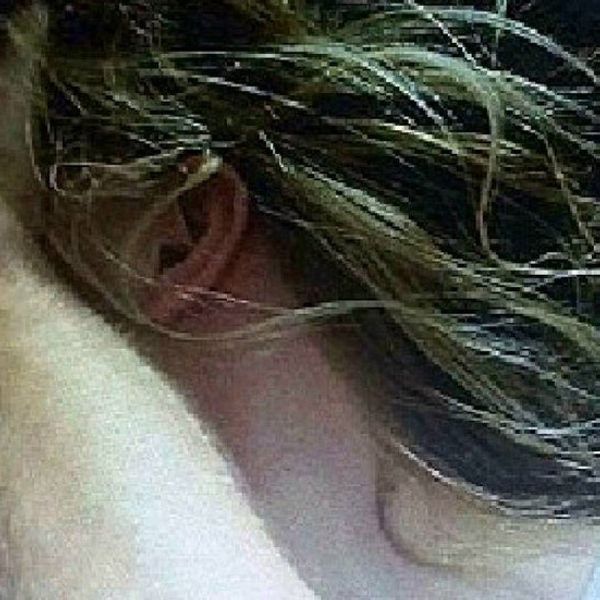On December 3rd 2016, NPR published an article which broke my heart. The article was titled Moroccan TV Tutorial: How to Cover up Bruises from Domestic Abuse which reported and interviewed individuals on the airing of a live tutorial on Moroccan public television. The TV show tactfully demonstrated to women how to effectively disguise bruises and injuries caused by domestic abuse with makeup.
NPR reported, due to the highly negative response the TV station received, apologies were immediately given to the public. Of course, an apology is great, but it did not stop the public glorification of disgusting behavior. To be frank, I am concerned with when encouraging women to hide the ugliness and reality of domestic violence became acceptable? Furthermore, how is medially encouraging this even remotely conventional?
The reality is, the broadcasted world has become desensitized to many disturbing issues. At some point, sexualizing women not only became editorially marketable, but trendy. Hate crimes became hashtags on twitter, and now domestic abuse is advertised as fixable with women’s cosmetics.
Erykah Badu once tweeted, “I’m not sure of it’s just me, but a school uniform in a school, especially a Catholic school is not the least bit modern. I’m all for wearing whatever it is you want and no one is responsible for what one attracts, but we are all equally responsible for what we entertain.”
The purpose of this tweet was not to discuss the appropriateness of school uniforms. The point was also not regarding feminist activism, though this was hinted at. Erykah was approaching the fact that, in the media, we are swamped with images which cause us to react. When you picture the image of a school girl, what do you innately relate it with? More often than not, it’s the images produced by the adult entertainment industry. As innocent as a Catholic school uniform and the young girl wearing it is, both are commodified by popular culture.
So, how does this relate to the broadcasted makeup tutorial on Moroccan television? The TV station which produced this segment commodified the woman who was a victim of domestic abuse by turning what could have been a potential discussion on the realities of domestic abuse into a mediocre makeup tutorial. This action asserted that it was acceptable for her to be treated this way by her spouse, and essentially made it her problem to cover the remaining, bruises, wounds and scars. As Rothna Begum, a Middle East and North Africa women's rights researcher, put it “the attitude from ‘she deserved it’ to ‘this is a crime” must become a reality.





















